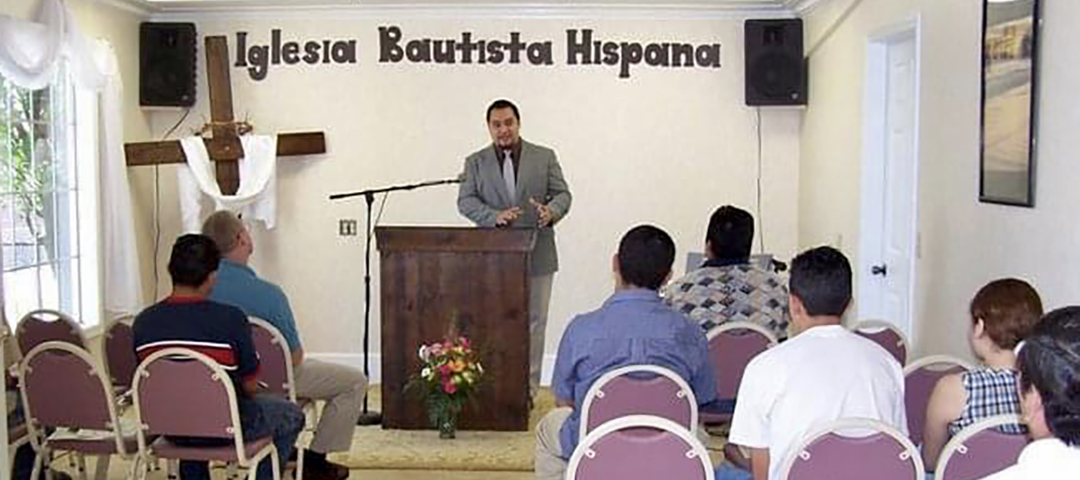
Methods of Multiplication Matter
July 26, 2022
The Ripley Case – Believe it or not!
August 9, 2022In this article, a creative access missionary describes the challenges of discipleship in the cultural context of Beijing, China. To read his article on biblical discipleship, click here.
Beijing is crazy busy. Every time I go back to the United States I feel a sense of slowing. Even with traveling from church to church, preaching and sharing stories of China, cramming a year’s worth of shopping in a few weeks, and catching up with friends and family we haven’t seen in years, it feels as if time is less sand through the hourglass and more molasses through the hourglass. That probably sounds strange to many of you who read this. You probably don’t feel as if life is slow in the States. With kids and school and sports and church events and work and . . . well you get the idea. If life in the States feels like a runaway train, Beijing feels more like an out-of-control rocket.
A simple commute in the city is an hour one way. The Asian workweek is notorious for pushing people past what is physically possible. It’s so bad that China has its own term for “death by work”: 过劳死, pronounced “guolaosi.” It’s commonly known as 996工作制. 996 stands for the standard workweek, 9:00 a.m. to 9:00 p.m., six days per week. That adds up to 72 hours of work per week, not including commutes. While the Chinese Supreme Court deemed this work schedule illegal in August of 2021, in reality it is still very present.
So when I say it’s hard for Chinese to commit to discipleship, you see the difficult situation churches face. Discipleship must take place in early mornings or late nights, and even then, it takes away what little time one has to spend with family. The church could simply encourage people to choose a different job, but when virtually every job adopts such extreme work hours and when the cost of living is so high, it’s a beautiful ideal but not very practical.
To adjust for the busy schedules of new disciples, the church must be willing to adjust its weekly calendar as well. In other words, the church must be ready to go back to the early church idea of discipleship. Paul discipled at all hours, night and day. He didn’t have a clock-in and clock-out mentality. He didn’t have a concept of the sacred weekend. Neither should the church. I love how the last two years of Paul’s life are described:
From morning till evening, he expounded to them, testifying to the kingdom of God and trying to convince them about Jesus both from the Law of Moses and from the Prophets . . . He lived there two whole years at his own expense, and welcomed all who came to him, proclaiming the kingdom of God and teaching about the Lord Jesus Christ with all boldness and without hindrance. (Acts 28:23, 30-31)
Once you get someone to commit to being discipled and you commit to adjusting your schedule for their work needs, then comes the difficult task of getting that disciple to make disciples. This is extremely hard in a Chinese context due to their ingrained cultural understanding of power distance.
Geert Hofstede coined the phrase “power distance” to describe how people in a society relate to each other on a hierarchical scale. Hofstede defines power distance as the extent to which the less powerful members of institutions and organizations within a country expect and accept that power is distributed unequally. That’s a fancy way of saying, in some cultures, the boss is REALLY important and all-powerful, and in other cultures, the boss is the same as everyone else. There is huge power distance in China; therefore, workers typically do not aspire beyond their rank. The boss is the boss, and they are not. This becomes extremely important when seeking to multiply disciples. Because of power distance, a Bible teacher is seen as someone they could never be, nor should they even aspire to become.
It becomes incredibly frustrating after you have spent months discipling individuals only to have them refuse to repeat the process because they “don’t know enough” or “are not the master.” They are more than willing to learn and grow, but it is culturally engrained in them that unless one spends years at a university and has a piece of paper to prove it, one will never be “expert” enough to disciple someone else.
In the end, the church must discover that it takes a team. It was never just one in Scripture. The disciples were sent out two by two. Paul and Barnabas. Barnabas and Mark. Paul and Silas. Aquilla and Priscilla. On and on the list goes. Multiplication isn’t about one person going it alone. Multiplication is about the people of God committing together to be faithful to the hard but rewarding process of individual, intentional, intensive discipleship.It takes a team. So start small. Look at who is faithful and will be apt to teach others. Look at the current needs of your congregation. Create teachings that touch on what is needed . . . not necessarily what they want. Create schedules that fit your people . . . not necessarily what you want. And, most importantly, trust the process. The Word of God is the power of God for the people of God to be transformed into the image of God.

